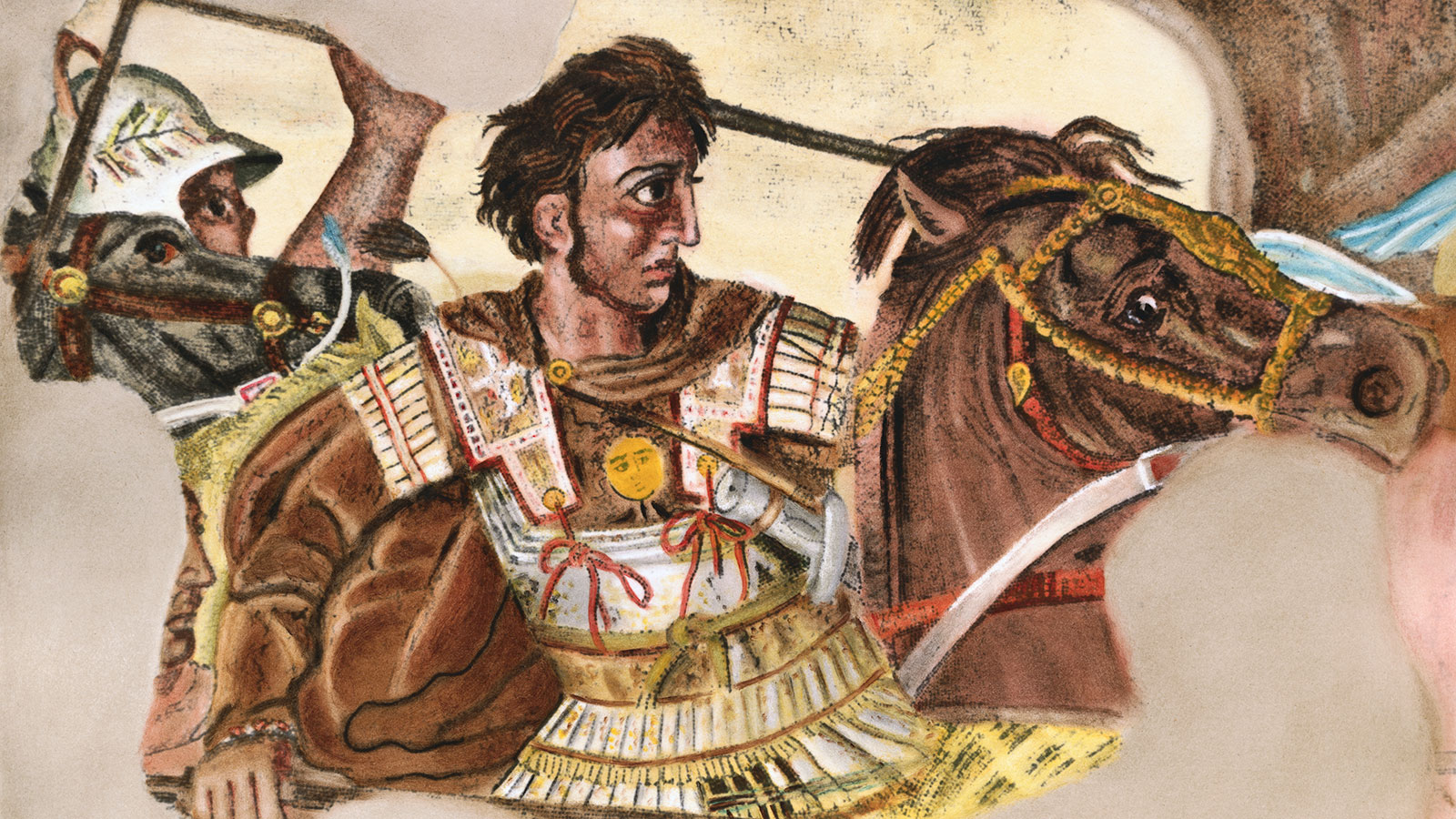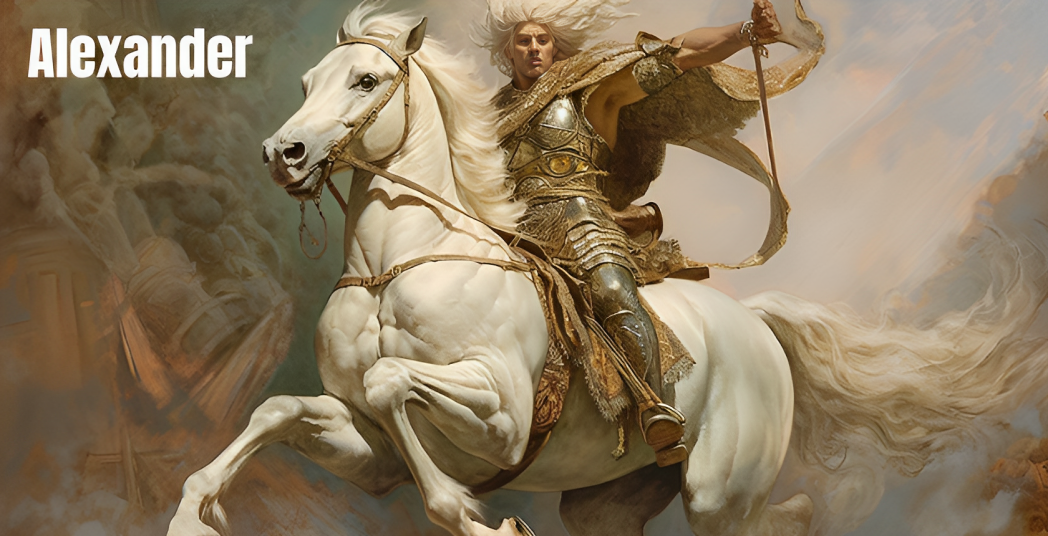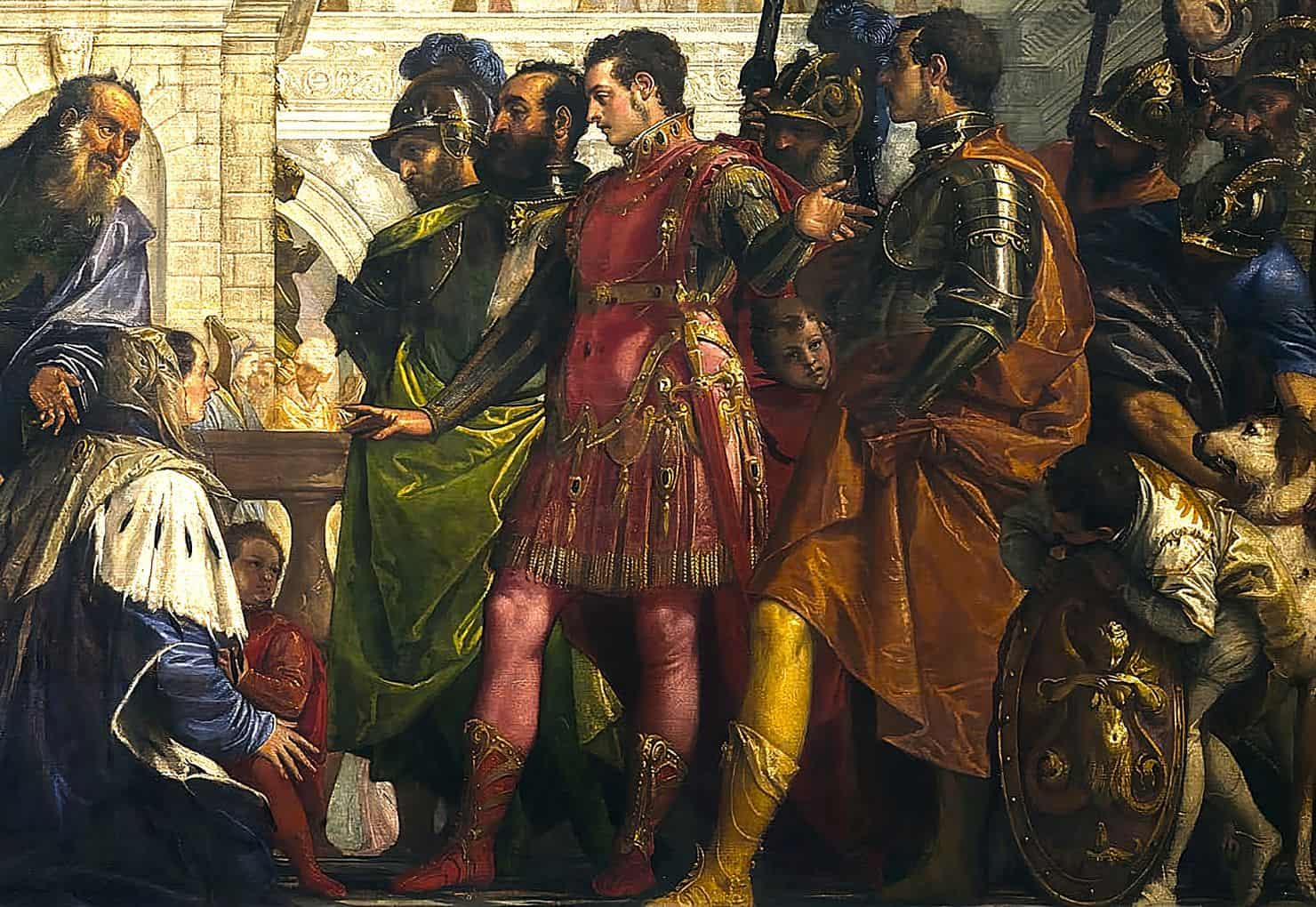How Tall Was Alexander the Great?
The Fascinating Life of Alexander the Great: Your Questions Answered
Alexander the Great, one of history’s most renowned figures, has sparked curiosity for centuries. Here are some of the most frequently asked questions about this legendary conqueror, along with their answers.

How tall was Alexander the Great?
Alexander the Great was estimated to be around 5 feet 6 inches (1.67 meters) tall. While height wasn’t documented extensively in ancient times, this estimate is based on historical records and statues that have survived.

When was Alexander the Great born?
Alexander the Great was born on July 20 or 21, 356 BCE, in Pella, the ancient capital of Macedonia. His birth is surrounded by myths and prophecies, signaling his significant impact on history.

Who were Alexander the Great’s parents?
Alexander’s father was King Philip II of Macedon, a brilliant military strategist who built the foundation of the Macedonian Empire. His mother, Olympias, was a formidable and ambitious queen who deeply influenced her son’s early years and his ascent to power.
What were Alexander the Great’s notable accomplishments?
Alexander the Great is best known for creating one of the largest empires in history by the age of 30. Some of his remarkable accomplishments include:
– Conquering the Persian Empire
– Establishing the city of Alexandria, Egypt, which became a major center of culture and learning
– Spreading Greek culture across three continents, a period often referred to as the Hellenistic Era
Did Alexander the Great have a famous teacher?
Yes, Alexander the Great was tutored by Aristotle, one of the greatest philosophers of all time. Under Aristotle’s guidance, Alexander developed a keen interest in philosophy, science, medicine, and literature, all of which influenced his leadership style and policies.
What was the cause of Alexander the Great’s death?
Alexander the Great died on June 10 or 11, 323 BCE, in the palace of Nebuchadnezzar II in Babylon. The exact cause of his death remains a mystery, with theories including natural causes, poisoning, and malaria. Modern historians often suggest a combination of fever and exhaustion, exacerbated by his relentless campaigning and heavy drinking.
Why is Alexander the Great considered “great”?
Alexander earned the title “the Great” due to his unparalleled success in warfare, his strategic brilliance, and his ability to inspire loyalty and respect from his troops. His legacy includes not only vast territorial conquests but also the spread of Hellenistic culture and ideas across the known world.
Who succeeded Alexander the Great?
After Alexander’s death, his empire did not pass to a single successor. Instead, it was divided among his generals, known as the Diadochi (Successors). This division eventually led to the formation of several Hellenistic kingdoms, including the Ptolemaic Kingdom in Egypt and the Seleucid Empire in Persia.
Summary Table of Alexander the Great
| Question | Answer |
| How tall was Alexander the Great? | Approximately 5 feet 6 inches (1.67 meters) |
| When was Alexander the Great born? | July 20 or 21, 356 BCE |
| Who were Alexander the Great’s parents? | King Philip II of Macedon and Queen Olympias |
| Notable accomplishments | Conquered the Persian Empire, founded Alexandria, spread Greek culture |
| Famous teacher | Aristotle |
| Cause of death | Unknown, theories include natural causes, poisoning, and malaria |
| Why is he considered “great”? | Military success, strategic brilliance, cultural impact |
| Who succeeded Alexander the Great? | His empire was divided among his generals, the Diadochi, forming various Hellenistic kingdoms |
Alexander the Great remains an enduring figure of fascinating historical importance, his life marked by incredible achievements, deep complexities, and enduring legacies.








